I read Kurt Vonnegut’s Slaughterhouse Five when I was
in school; but then, I didn’t attend Republic High School. Republic High is in
Missouri, the “show me” state, unless what you’re showing is certain
literature, in which case I suppose it becomes the don’t show me that!
state. You see, the school board there banned
(yes, they still ban books in 2011) the Vonnegut classic, as well as two
other books.
Actually, after a vote, the good village elders, oops, I
mean school board, decided to let one book slip through. Laurie Halse
Anderson's Speak, an award-winning book about date rape, made the cut
because, in the words of School Superintendent Vern Minor, only one page was
used to “tastefully” describe the rape.
Now, I have not read Speak, so I cannot say how Ms.
Anderson described it, but I have never before heard of any rape described by anyone
as “tasteful”. Never.
On the other hand, I have read Slaughterhouse Five.
As a reader and future author, it changed the way I (and others) looked at
storytelling. Vonnegut’s nonlinear approach was groundbreaking. But, according
to Superintendent Minor, “The language is just really, really intense. I don't
think it has any place in high school ... I'm not saying it's a bad book.”
Perhaps Superintendent Minor has never overheard Republic
high school students talking in the school parking lot, or the locker rooms, or
maybe he hasn’t heard the lyrics of the music they listen to, or seen what they
watch on HBO. But he’s right about it not being a bad book: Slaughterhouse-Five
was ranked 19th on Modern Library's list of the 100 best
English-language novels of the 20th century and Time Magazine listed it as one
of the 100 best English-language novels written since 1923. I read it in the 20th
century too. Guess those poor Republic High kids are just growing up in the
wrong century.


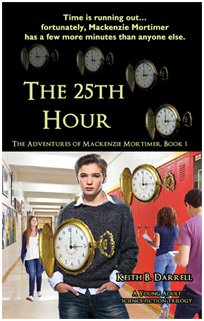
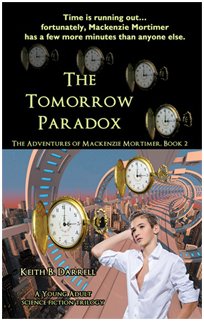
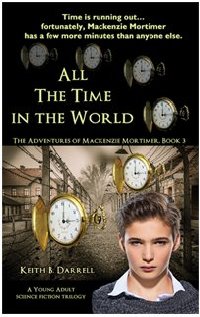
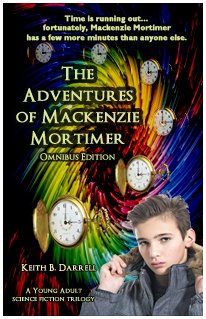
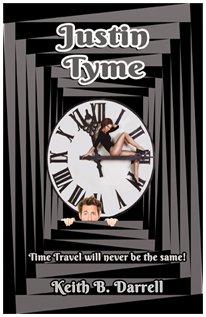
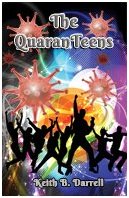
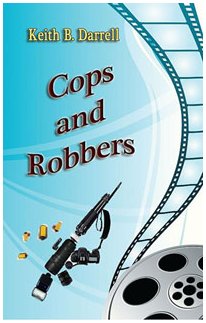
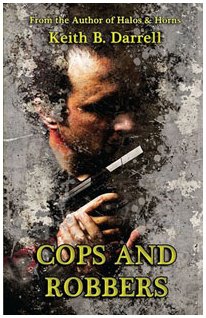

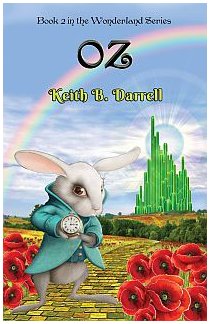
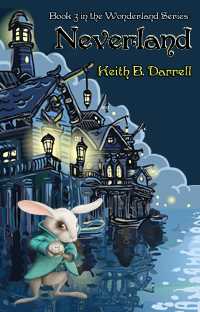
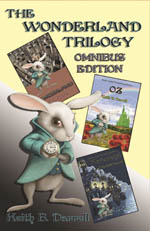
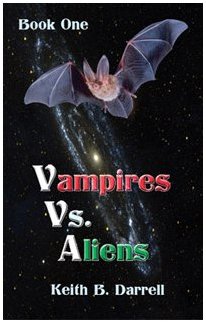
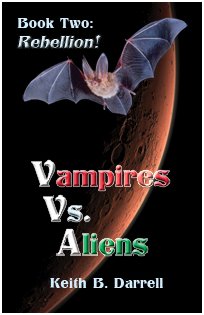
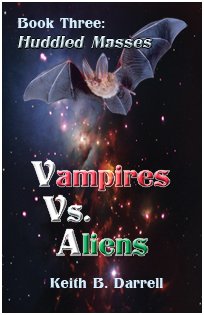
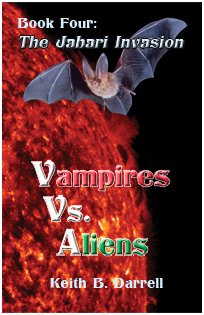
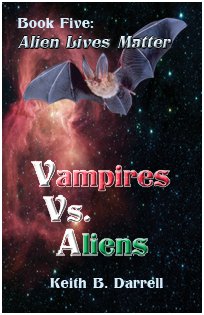
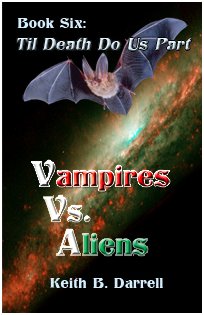
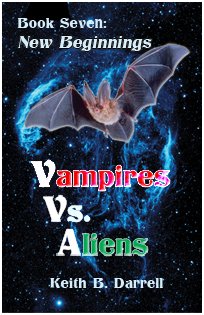
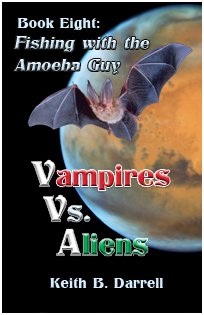
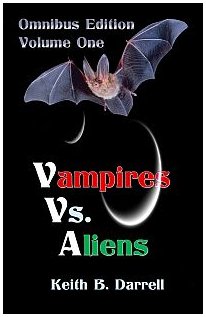
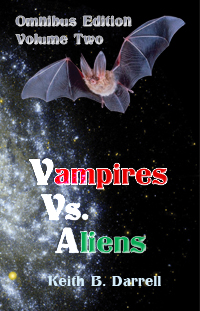
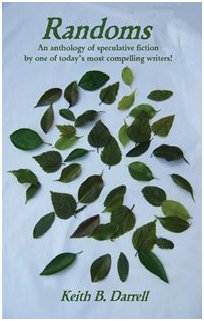
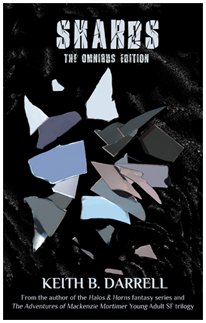
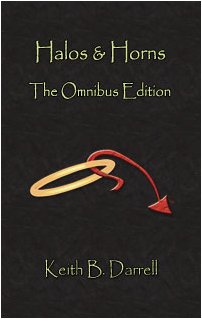
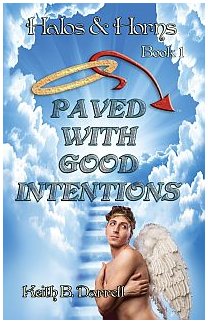
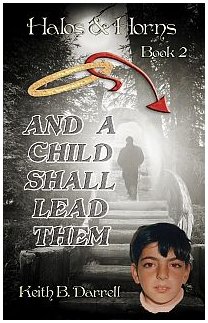
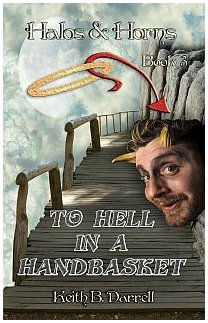
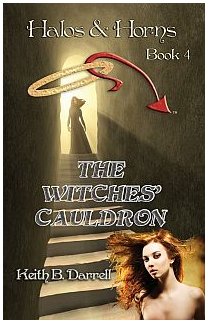
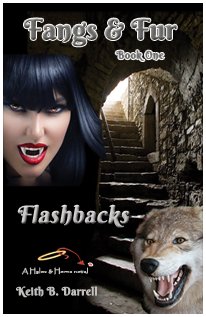
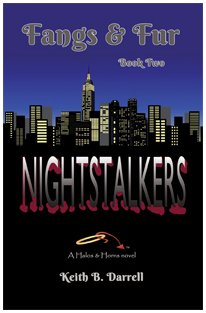
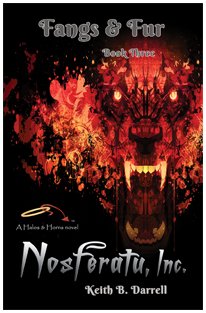


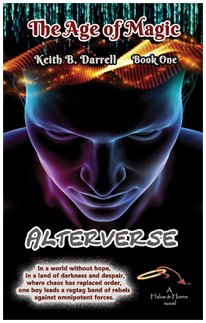
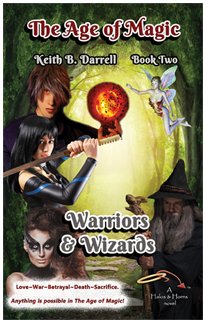
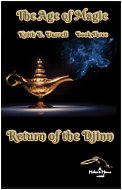

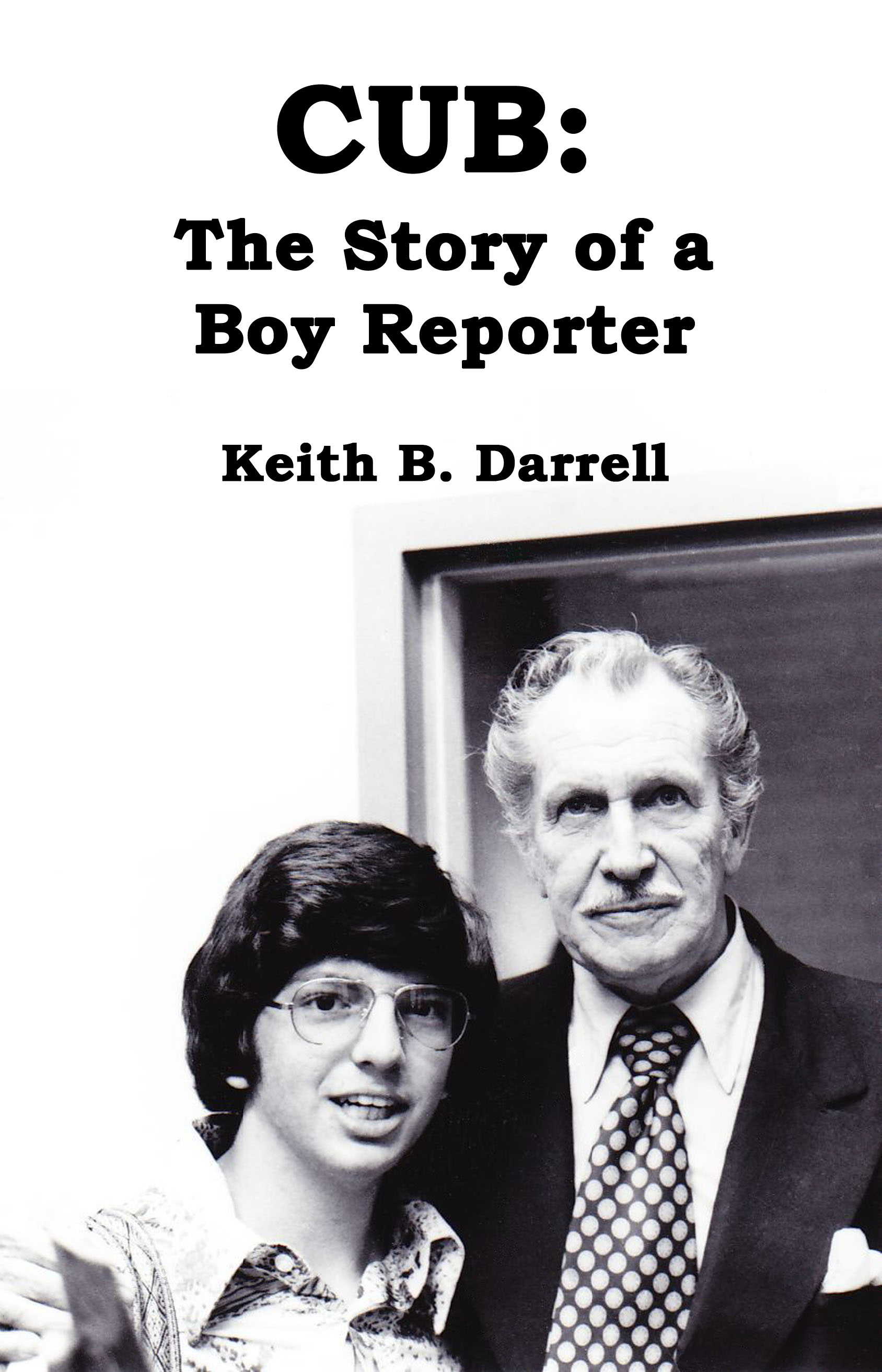
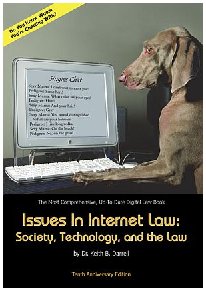
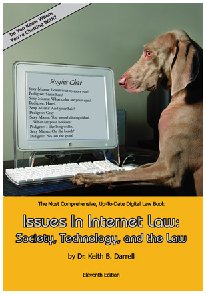
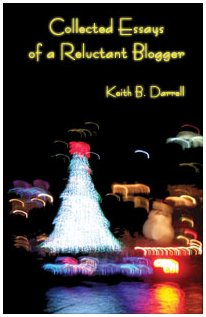
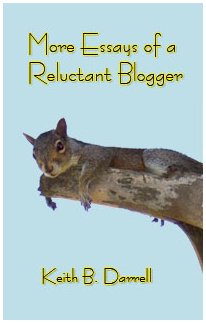
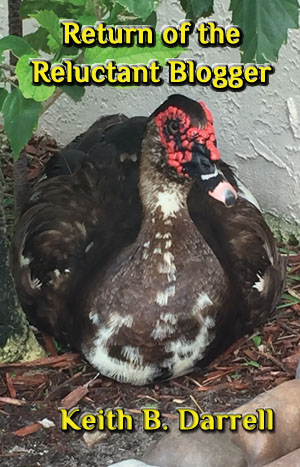

No comments:
Post a Comment